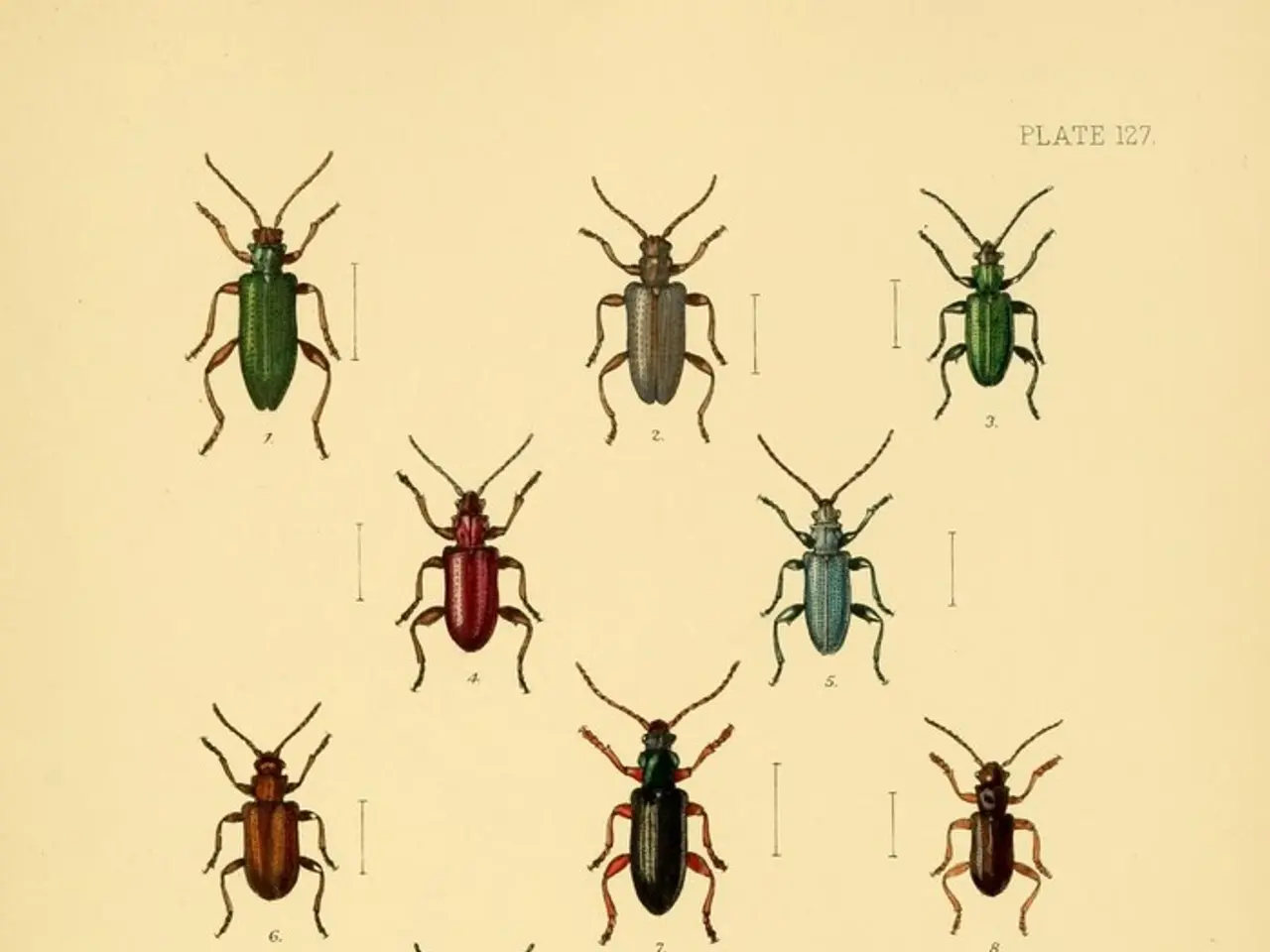Amazon Insect Populations Deteriorating Due to Severe Climate Conditions
In a recent study, researchers from Brazil, New Zealand, and the United Kingdom have discovered that the population of dung beetles in the Brazilian state of Para has suffered a significant decline following the El Niño event of 2015-2016.
The team scouted for the insects in 30 forested areas spread across Para, from 2010 to 2017. They counted more than 14,000 dung beetles and monitored their effectiveness in maneuvering dung and the amount of seed they were dispersing. After the devastating El Niño event in 2016, the number of dung beetles reduced to just 3,700, and as of 2017, the number of dung beetles dropped even further to a mere 2,600.
The population of these insects was smaller in areas impacted by wildfires as compared to those that experienced only drought. This decline in dung beetle populations is likely associated with the loss of mammals due to El Niño drought and fires.
Dung beetles are an important 'indicator species' used to gauge the health of a larger ecosystem. These insects play a crucial role in increasing the organic content of the soil by burying animal faeces in burrows. The soil underneath aerates due to the activities of dung beetles, leading to higher water holding capacities and an increase in the nutritive value of the soil.
Dr Felipe Franca, an ecologist at Lancaster University and Embrapa Amazonia Oriental in Brazil, explains that the study provides insights into how human activities and climate extremes can affect tropical forest biodiversity and ecosystem functioning.
The study, published in the journal Biotropica, found that hotter and drier El Niño events are impacting biodiversity in the Amazon rainforest. This discovery echoes similar research conducted on the global insect population collapse, where beetles, mayflies, dragonflies, and other water-dwelling creatures have increased about 11% per decade, while land-dwelling insects have shrunk by about 9% per decade.
The available research indicates that as the planet has warmed due to human activities, insect populations have declined globally, not just in the Amazon. Early intervention by concerned authorities will play a crucial role in protecting important players of our ecosystem from extinction.
It's important to note that the study did not mention any connection to the Sixth Mass Extinction of Wildlife Accelerating- Study. However, the decline in dung beetle populations serves as a reminder of the delicate balance of ecosystems and the potential consequences of climate change and human activities.
Read also:
- Peptide YY (PYY): Exploring its Role in Appetite Suppression, Intestinal Health, and Cognitive Links
- Toddler Health: Rotavirus Signs, Origins, and Potential Complications
- Digestive issues and heart discomfort: Root causes and associated health conditions
- House Infernos: Deadly Hazards Surpassing the Flames








